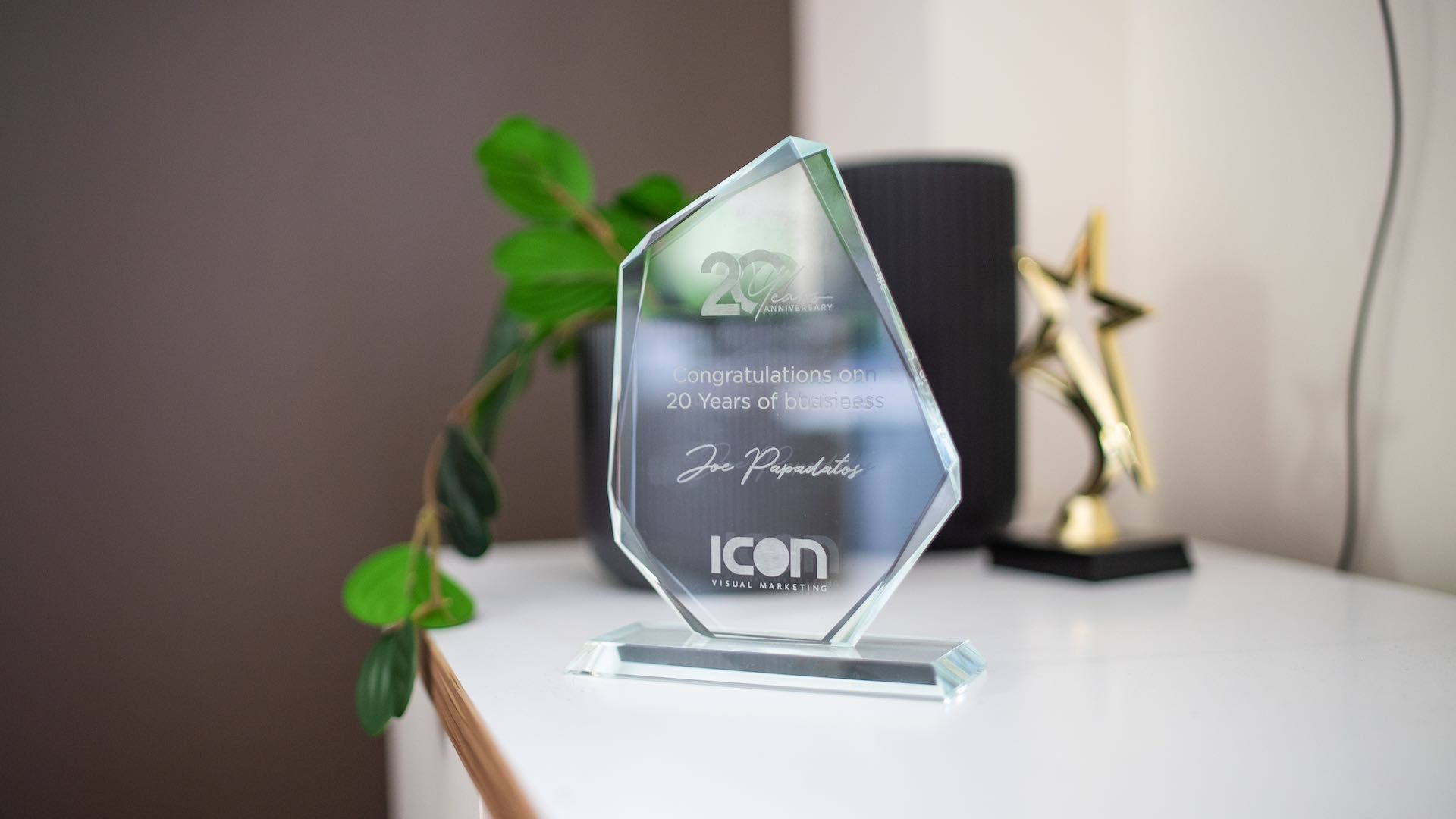The Millenial Myth & How to keep your brand relevant in 2017
nicola
As brands look forward to 2017, commentators chime in with pitches for what they believe will be at the forefront of the marketer’s mind in the year to come. Millennials, of course, feature high on this list.
Millienials; the illusive demographic whose life and work behaviours have marketers scrambling to find new and exciting ways to grab their ever-shrinking attention spans. They are the young kids you hear about in a boardroom discussion; those notoriously unreliable, unpredictable and dangerously empowered consumers that threaten all you know. The Millennial generation have been puzzling the minds of CMOs since the term was first coined by William Strauss and Neil Howe in 1987 to describe the future graduating class of 2000.
Since then, a grossly undefined generation of people have been cloaked with the blanket term ‘Millennial’ to explain a demographic that brands can’t seem to catch up to. Whilst there most certainly is a generation of younger people that have come to adulthood in tandem with new technologies and unfettered access to communicational tools, they aren’t that different to the generations before them.
Looking at Millennials as a new and undeciphered demographic doesn’t serve a marketer any more than saying baby boomers like houses and worked hard. Understanding macroscale demographic trends will rarely help you to influence a person’s purchasing decisions. Unfortunately, it is imperative to understand more about your customer than just the year of their birth and that they are on Instagram.
Whilst identifying your target market and customer is an essential piece of the puzzle, puzzling your marketing staff with the pursuit of a generalized stereotype is only going to make for a disappointing year of communications cut-through.
The under-defined group that have been labelled Millennials aren’t that different from the generations before them (apart from the obvious chronological definer). In most cases, they have the same fundamental wants, needs and desires as everyone does as they move into and through adulthood. The major differentiation point for this new generation is their use of new technologies to communicate, but that’s not news to anyone.
What may be news, however, is that they are quickly becoming one of the most stereotyped and misunderstood generational groups. A Google search on the subject matter will find blogs, speeches and gurus all conveying images of an entitled generation that are unreliable, impatient, self-absorbed and lazy. On the more positive side, these same people are looking for purpose, feedback and personal life balance in their work. You might be reading some of this and nodding your head frantically, and while there is a degree of truth to those adjectives, there isn’t much in the way of empirical research to support it.
In fact, there is more research suggesting that all age groups are seeking out such things, equally. For example, a multigenerational study conducted by IBM of 1,784 employees from companies across 12 countries and six industries, uncovered that a strikingly similar percentage of Millennials (25%) want to make a positive impact on their organisation as Gen Xers (21%) and Baby Boomers (23%).
It’s true that this study looks at the professional lives of the younger generation, however there is a lot to learn from the career motivations of a generation as such pursuits will undoubtedly influence their purchasing decisions.
As young people begin to fill the ranks of organisations across Australia (and the world) it will be up to businesses to cement their relevancy for not just the current, but also future, generations.
Brands need to be clear from the start about their market orientation, before they begin implementing a broad communications plan. Simply making a place for Millennials in your strategy is not enough to catch the interest of the younger generation. Brands now need to show that they are driven by a purpose beyond a profit and loss. Their actions should demonstrate authenticity, not paid spokeperson-icity. Carefully considering how and where your brand should be aligned is crucial to ensuring this experience, for both workers and consumers.
As the more robust studies are demonstrating, these ‘kids’ are interested in the same things as Gen-X and the Baby Boomers. Perhaps it isn’t that a new generation is asking for new things, but rather everyone is asking for something new.
KEEP IN TOUCH
















